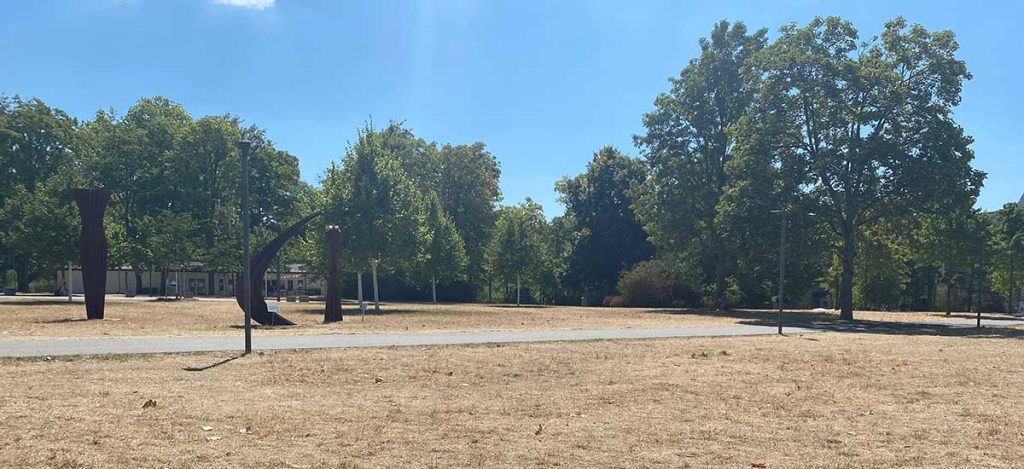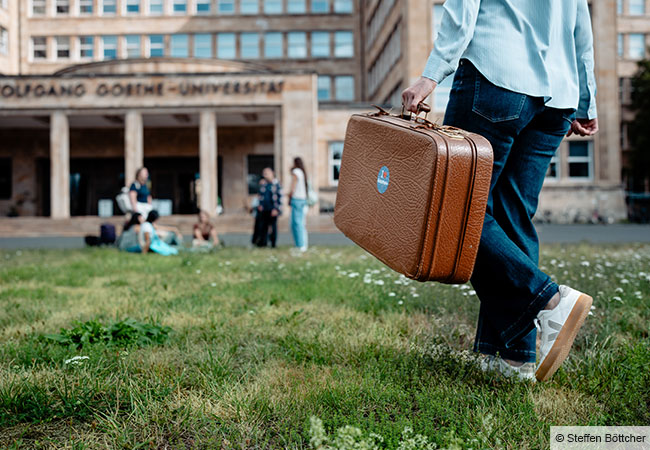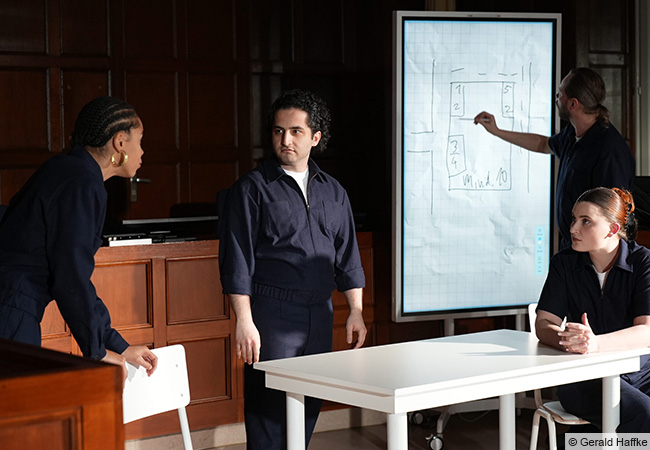
Many people the world over are looking at Egypt and the World Climate Summit with both great concern and hope. In view of the increase in global warming witnessed over the past decade as a result of man-made CO2 emissions, we literally have no more time to lose if we want to prevent the worst, i.e. the increasing uninhabitability of entire regions and the crossing of so-called tipping points.
The man-made climate crisis also threatens political and social stability around the world and thus the achievements of liberal societies. There is an urgent need for action if the conflicts over the distribution of resources already triggered by climate change and the ones that are still to come, as well as the resulting political and social upheavals in our social orders are to be prevented.
That is why Goethe University is calling on decision-makers attending the World Climate Conference in Sharm el-Sheikh to continue along the bindingly agreed-upon path of the Paris Climate Agreement and thereby send a powerful signal for limiting global warming to 1.5 degrees Celsius. Without consistent progress along this path, there is a threat that our common basis of existence will be drastically eroded and destroyed – with unforeseeable consequences for future generations around the world.
In the interest of younger generations especially, it falls on politicians to incorporate the findings of science and research even more decisively and consistently into their decision-making processes and, by means of funds for prevention and transformation, provide the necessary resources for effective change in line with the Paris Climate Agreement. The necessary change can only be achieved with a major collective effort.







